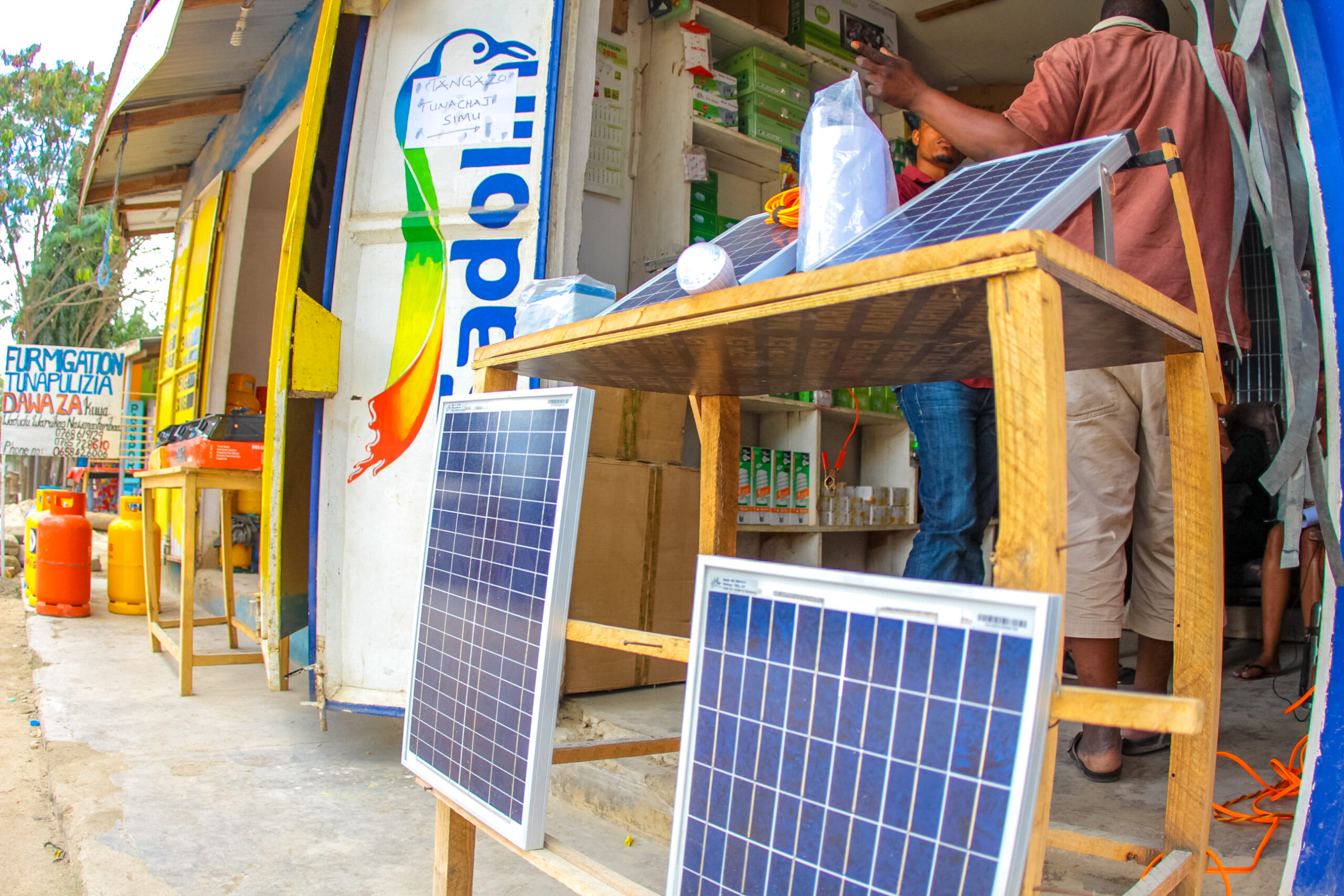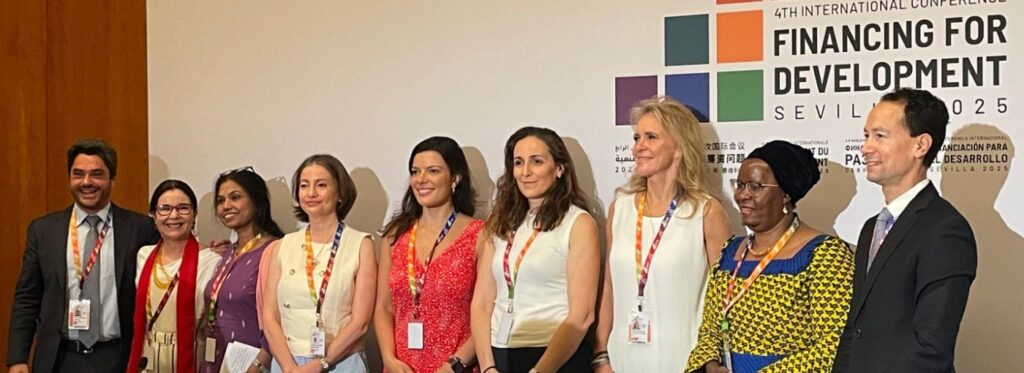By Eco Matser, Global Coordinator Climate, Energy and Development, 16 July 2018
As the energy sector is going through a transformation, there is a growing consensus that sustainable and renewable energy is a catalyst for the achievement of most other SDGs. By its very nature, energy is a strong enabler of better health, education, jobs, food production and conservation, as well as water use and quality.
The current energy transformation with decentralised renewable energy solutions is changing the way people interact with each other and their energy providers. It influences the role of citizens not only as consumers but also as “prosumers” or energy entrepreneurs. Involving citizens is, in essence, an act of democratisation.
Access to energy
Access to energy is not just an end in itself. Instead, it should be seen as a steppingstone to overcome two major tasks that the world faces today:
- mitigating climate change and degradation of natural resources
- ensuring that all people in all countries are empowered to take charge of their own lives in inclusive and open societies.
So where exactly does energy come into the picture?
Traditionally, having access to energy often meant that you had to live near a power grid or rely on diesel and kerosene or firewood. However, this tendency is changing as the energy sector is going through a transformation in more than one way.
First, the urgency of combatting climate change combined with technological advancements and significant price reduction has rapidly increased the availability and affordability of renewable energy. Second, the move from a largely centralised power distribution to decentralised off-grid and mini-grid systems, powered by renewables, is gaining strength, making energy available for poor and remote areas as well.
These trends are happening on a global scale, although in different ways. The Hivos-IIED Energy Change Lab was set up in Tanzania to foster a new generation of youth change makers in the Tanzanian energy field, equipped with new skills, ideas and networks to innovate and prototype renewable energy solutions.
Today, 1 billion people still live without access to electricity and 3 billion have no access to clean cooking fuels.
To revert this reality, policies must become more supportive while energy finance needs to fundamentally change. Currently, the main problem is not a lack of finance, but how finance flows: mainly to on-grid in higher income countries, while the greatest need is for off-grid in lower income areas.
The shift to decentralised renewable energy will have extensive impact on current challenges. It has positive effects on the environment and offers an opportunity to secure access to clean and inclusive energy, even for people living far from the central grid.
Sumba: a frontrunner example of energy transition
The Indonesian island of Sumba is a frontrunner example of ambitious and innovative energy transition. Hivos introduced the Sumba Iconic Island initiative, which has become a living proof that decentralised sustainable energy systems are both green and inclusive, which positively impacts green inclusive growth. This initiative could only succeed through a multi-stakeholder approach with governments (local and national), private sector, and community-based organisations closely working together. Through decentralised mini-grid and off-grid solutions, the project has provided energy access for more people than ever before. In addition, Sumba stands as an inspiring example for local citizens and national governments of the possibilities brought by renewable energy.
Leaving no one behind
Transitioning to decentralised energy systems will be one of the key success factors for achieving SDG7 before 2030 as set out in the UN Sustainable Development Goals. If we want to create sustainable and resilient societies, we have to factor in the millions that still lack even basic energy services while also drawing attention to the current inequalities in the global energy systems. In particular, we should empower women and youth who have strong abilities to become entrepreneurs in the green energy transition.
Working alongside local partners on the ground we can make sure that future energy systems are developed with the end-user in mind. This entails that greater enabling environments for energy businesses are put in place and that both public and private finance is channelled into decentralised solutions that can bring access to poor people and those living in remote areas. In countries such as Kenya and Nepal, the government has already successfully implemented financial pay-as-you-go models with personalised repayment schemes. Yet these best practices need to materialise faster and at much larger scales if we are serious about leaving no one behind.
Multi-stakeholder partnerships
Another decisive component for universal energy access is the presence of multi-stakeholder initiatives. Without partnerships, the transition will struggle to pick up speed. Last year, Hivos therefore led the creation of the Brooklyn Coalition to accelerate the uptake of decentralised renewable energy. Alongside the governments of the Netherlands, Nepal and Kenya, the private sector actors Schneider Electric and Selco, and the CSOs Hivos, Energia and SNV, this coalition works to promote green societies where citizens are in control of finding the most suitable solutions for their own energy demand. Here, there is a big role to play for CSOs who represent civil societies in this year’s UN High-Level Political Forum review of SDG7.
And as important as the focus on energy, so too is the interlinkage with other SDGs.
As a driver for social and economic development, energy access has strong links to sustainable production, resilient water resources and inclusive cities. Providing energy for households, communities and workplaces forms the basis of thriving societies.
With great progress in many countries worldwide, there is good reason to be optimistic. Now, we must stress the continued need for enabling policies and investment in decentralised renewable energy solutions to complement grid systems and thereby bring everyone along in the green energy transition.




